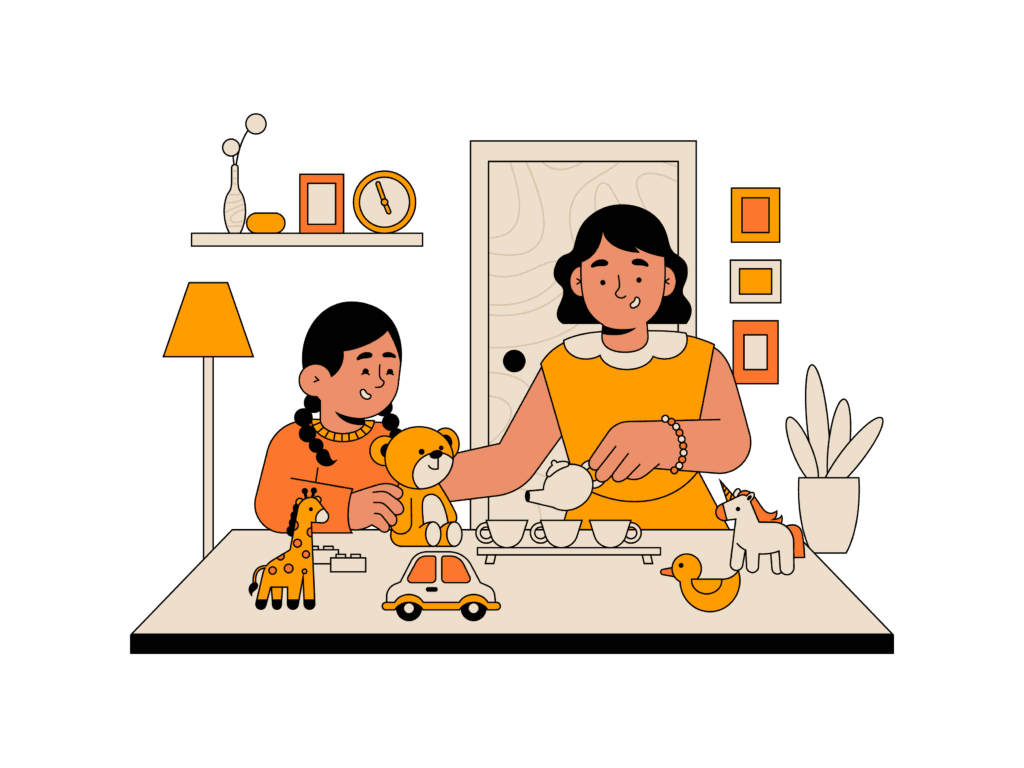The Bobo doll experiment, conducted by Albert Bandura in the early 1960s, studied the relationship between observational learning and aggressive behaviour in children. It had implications for our understanding of child behaviour, social learning, and the role of media in shaping young minds.
The Bobo Doll Experiment:
Albert Bandura’s Bobo doll experiment aimed to investigate the social learning theory. Which posits that people learn by observing others’ behaviours, attitudes, and outcomes of those behaviours. Bandura and his colleagues designed an experiment exposing preschool children to aggressive and non-aggressive adult models interacting with a Bobo doll, an inflatable toy with a weighted bottom that bounces back upright when knocked down. Then, the study was divided into different groups. Exposing each group to varying levels of aggression exhibited by the adult models.

Implications for Child Behavior:
- Observational Learning: The experiment demonstrated that children learn by observing the behaviour of adults. Those exposed to aggressive models were more likely to imitate the aggressive actions they witnessed. This finding underscored the powerful influence of role models on shaping children’s behaviour.
- Imitation and Reinforcement: Children not only imitate the aggressive actions of adults but also replicate specific acts they have observed. This suggests that children learn by imitation and reinforce their behaviour based on the observed outcomes.
- Social Cognitive Theory: Bandura’s research laid the foundation for the social cognitive theory. Emphasizing the role of mental processes in learning and highlighting the importance of observational learning, imitation, and modelling in shaping behaviour, this theory became fundamental in understanding various aspects of human behaviour, including aggression, empathy, and prosocial behaviour.
- Media Influence: The implications of the Bobo doll experiment on child behaviour became even more significant in today’s age. Television, video games, and online content serve as powerful platforms. Also, they can reinforce positive behaviour or perpetuate aggressive tendencies, depending on the content children are exposed to.
- Parental Guidance and Education: Understanding the impact of observational learning emphasizes the crucial role of parents, caregivers, and educators. By providing positive role models and promoting non-aggressive behaviour, adults can help mitigate the influence of negative media content.
Conclusion
The Bobo doll experiment stands as a landmark study that illuminated the intricate process of observational learning and its profound implications on child behavior. By recognizing the power of role models, media influence, and the role of cognitive processes in learning, society can take proactive steps to promote positive behaviors among children. Through mindful guidance, education, and responsible media consumption, we can foster a generation of empathetic, compassionate, and socially responsible individuals, ultimately shaping a harmonious future for our communities.
Ready to begin? Start your online therapy journey today. Book your first session now.




